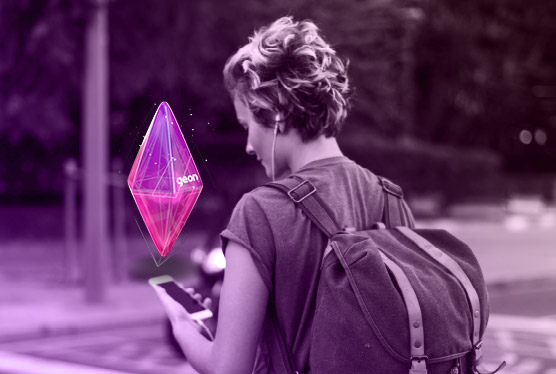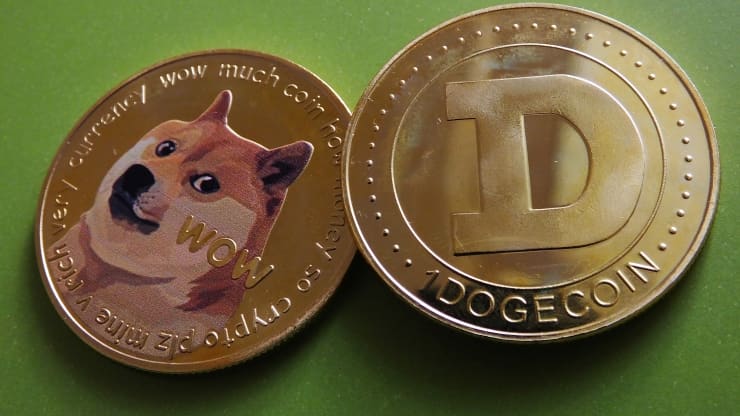Augmented reality (AR) is changing the way people experience the world around them. From the rise of mobile games like Pokemon GO to “trying on” products before you buy them online, AR is infiltrating industries across the globe, including the events sector.
Events make up a huge portion of expenses in the business world. In the UK alone, the events industry was worth £42.3 billion last year, and that was an 8 percent growth from the year before. With that much value housed in one industry, getting attendees to your event can turn into a fierce competition.
To come out on top of their competitors, events are adapting to consumer needs by becoming more engaging and interactive than ever before. Recent trends show that the demand for activity-based events and events that allow attendees to have a memorable experience are on the rise. Event goers want the chance to try something new. One way the industry is meeting that need is by implementing AR technology into the event itself. Plus, with the emerging implementation of blockchain technology in cross-sector marketing, AR is becoming easier and more secure to incorporate.
Event organizers have always had to cater to the changing needs of their target demographics. AR technology is an obvious choice for many as it is so versatile. AR allows marketers and event organizers to tell their stories more creatively and interact with consumers on a new level while providing them with an interesting brand touch point and a deeper sense of engagement.
One of the most simple and effective ways to do this is through digital wayfinding. By incorporating motion tracking, depth perception, and are learning, digital wayfinding is helping businesses “redefine retail,” according to Smart Brief.
Another use for AR at events is as an interactive activity that attendees can complete during the event. Whether it’s a game or brand activation, platforms are developing new ways to use AR as an engagement tool. For example, GEON Network has created a new way for event goers to interact with events using AR technology and location-based services.
GEON Network is the ideal AR platform to implement at sports venues, events, expos and fairs, as it is easy to use, securely backed by blockchain technology and adaptable to any space. Through the application, event organizers can set up Geons throughout their venue. They can then deposit Geon Coins inside the Geon, which attendees can geomine when they are in the vicinity of a Geon.
Organizers can also set up surveys, questionnaires, polls or other actionable items for attendees to do when they are near a Geon. This can either work for wayfinding purposes or as a brand touchpoint, either with the event or its partners and sponsors. By rewarding participants with Geon Coins, attendees are more inclined to participate and feel a deeper sense of engagement with the event as a whole. As GEON Network uses blockchain to store data, participants feel secure about inputting personal information in order to receive a reward of Geon Coins.
Geons can also be used to drive participation in mobile events such as parades, festivals, flash-mobs, or even blood donations. For example, parade organizers can create mobile Geons, which are digitally tethered to smartphones carried by the parade leader or other participants throughout the length of the parade. Once the Geons are tethered, the organizer can set a geomining rule which may allow anyone in a certain range to mine Geon Coins at a continuous rate. This shows how GEON Network can encourage consumer participation at any type of event, whether there is in one central venue or not.
Listen to Robert Radek, CEO of Geon Network speaking with Galvanize at TechCrunch Disrupt 2018
Another unique way to implement Geons in your event is by placing them at entrances, exits and points of interest throughout the space. Attendees will be able to use the app to see these checkpoints, through AR, without ever having to stop and look at a physical map.
Backed by blockchain technology, GEON Network is a secure, decentralized system that aims to provide new ways for event organizers to incorporate AR into their work. Not only do they want to make AR easy for organizers to use and include in their events, but they are bringing an innovative, intuitive and efficient user experience to event attendees.
As event attendees demand more engaging and interactive events, it is up to the event industry to satisfy them and fulfill expectations. By weaving new technology such as AR and blockchain into the thread of consumer events, the industry continues to adapt in order to stay relevant among changing trends.











